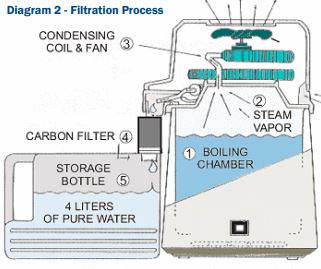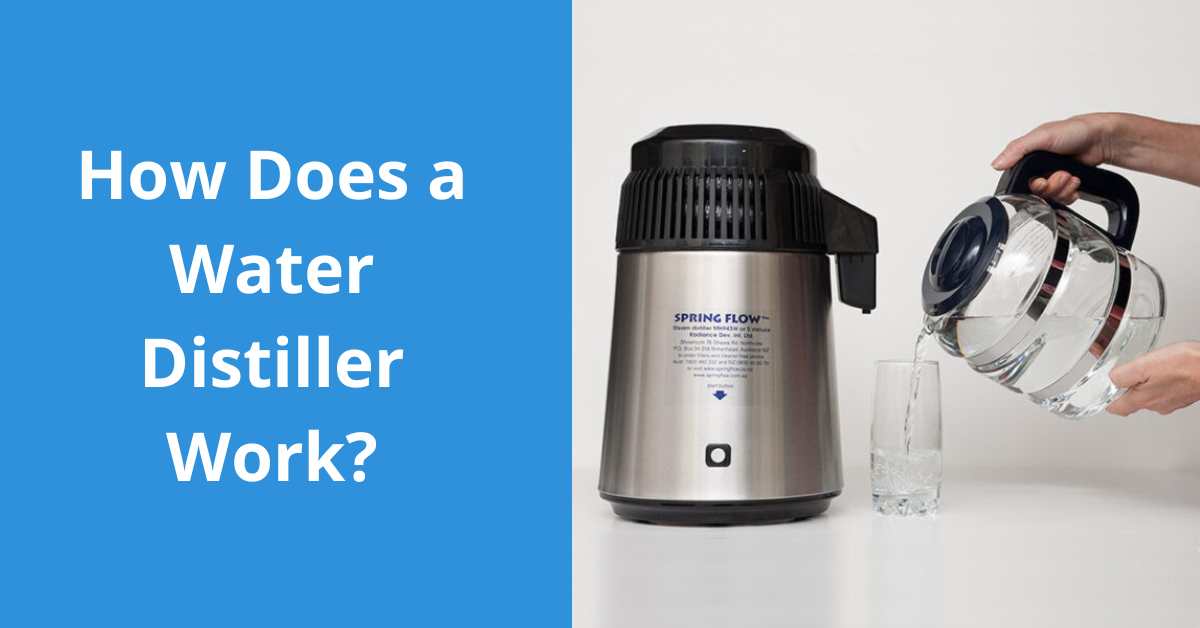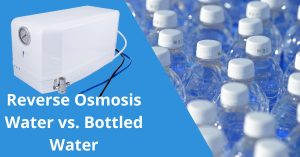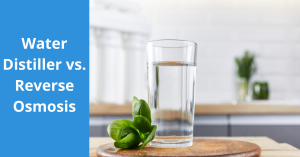If you’re concerned about the quality of your drinking water and want to ensure you’re consuming the purest, cleanest water possible, you may be considering a water distiller. But how exactly do these handy devices work their magic? Let’s take a closer look at the process of water distillation and why it’s an excellent choice for providing contaminant-free hydration.
What is the Working Principle of a Water Distiller?

At its core, a water distiller operates on a fairly simple scientific principle: water distillation. This age-old method involves heating water until it turns into vapor, then cooling that vapor to return it to its liquid state, leaving behind any dissolved solids, minerals, and other contaminants.
The process starts with a raw water source being poured into the boiling chamber of the distiller. As this chamber is heated, the water turns into steam. That steam then travels into a condensation chamber, where it comes into contact with a cooling surface that causes the vapor to condense back into fresh, pristine distilled water droplets.
Those droplets are then collected in a separate receiving container, leaving behind any impurities that were present in the original water source. It’s a remarkably effective way to remove up to 99.9% of total dissolved solids (TDS), volatile organic compounds (VOCs), cysts, heavy metals, bacteria, and more.
Is a Water Distiller Better Than a Water Filter?
While both water distillers and filters aim to purify your drinking water, they go about it in very different ways, each with their own advantages. Water filters like under sink reverse osmosis system or benchtop water filter use a physical barrier or media to trap and remove contaminants as water passes through, while distillers use a thermal process to vaporize and re-condense the water.
One key benefit of distillation is that it removes a much broader range of impurities compared to most filters, including dissolved solids and chemicals that can slip through filter pores. Distillers produce water that is essentially mineral-free, which some prefer for drinking, cooking, or use in medical or scientific applications.
On the other hand, a benchtop water filter is generally more affordable upfront and have lower energy costs since they don’t require heating the water. They also allow some beneficial minerals to pass through, which some prefer from a taste and health perspective.
Ultimately, your choice may come down to factors like your water source quality, budget, desired purity levels, and personal taste preferences. But for an all-encompassing purification solution, it’s hard to beat the performance of a quality distilled water machine like the Megahome Water Distiller.
If you do opt for distilled water, you’ll likely want to remineralise it by adding a trace mineral supplement to replace the healthy nutrients removed during the process. Remineralisation can also be easily achieved by adding some lemon juice or Himalayan salt to your glass. And be sure to clean your distiller regularly per the manufacturer’s instructions to prevent mineral buildup. See our blog post on how to clean a Megahome water distiller if you would like further information on this topic.
So if you’re in the market for a powerful benchtop water filter and considering to buy home water distiller to ensure your drinking water is contaminant-free, be sure to weigh the pros and cons of each purification method. With its unmatched ability to deliver truly pure refreshment, distillation may well be the solution you’ve been seeking.




